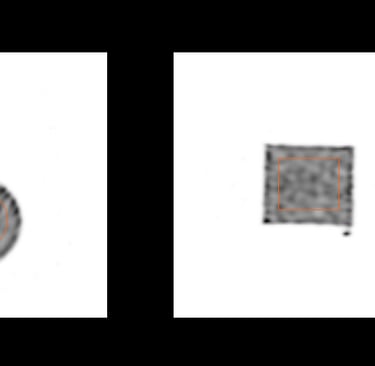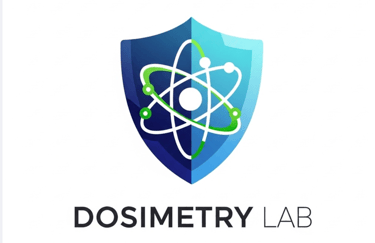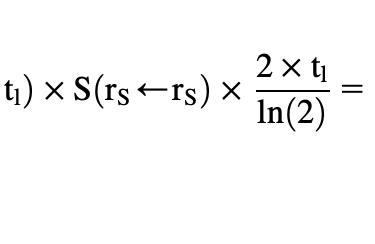Precision Dosimetry for Lu-177 Therapy
Learn how to perform accurate dosimetry for Lu-177 PSMA and DOTATATE therapies.
Step-by-step guides, SPECT/CT protocols, and dose calculation tools — all in one place.
Lu-177 PSMA Therapy: Used primarily for metastatic castration-resistant prostate cancer (mCRPC). The therapy involves targeting PSMA, a protein highly expressed on prostate cancer cells.
Lu-177 DOTATATE Therapy: Used for treating neuroendocrine tumors (NETs) that express somatostatin receptors. DOTATATE binds to these receptors and delivers Lu-177 radiation directly to the tumor cells.
Therapy Overview
What is Lu-177 PSMA & DOTATATE?
Lutetium-177 (Lu-177) is a beta-emitting radionuclide used in targeted radionuclide therapy for specific cancers. When bound to targeting molecules such as PSMA (Prostate-Specific Membrane Antigen) ligands or DOTATATE (a somatostatin analog), it allows for precise delivery of radiation to tumor cells while sparing healthy tissue.
Indications
Prostate Cancer
Specifically mCRPC (metastatic castration-resistant prostate cancer)
Patients who have progressed after androgen receptor pathway inhibition and chemotherapy
Neuroendocrine Tumors (NETs)
Especially gastroenteropancreatic neuroendocrine tumors (GEP-NETs)
Tumors that express somatostatin receptors and are inoperable or metastatic


Absorbed Dose Calculator
Expert solutions for Lu177 dosimetry, including PSMA and DOTATATE protocols and dose calculations.
Camera Setup and Calibration
Lu-177 SPECT/CT Camera Setup and Calibration
Select the appropriate phantoms for your study such as PET cylindrical flood phantom, NEMA IQ body phantom ,Jaszczak Phantom
Prepare Phantoms with Lu-177 :Fill the Phantom with Lu-177 solutions,ensuring to follow safety protocols .Use Citric acid to prevent the Lu-177 from sticking to the surface of the phantoms
e.g.Jaszak Phantom
400 MBA Lu-177 ,delivered in a patient vial ~10 mci
7L of Water
700 mmol Citric Acid
Differently Sized Syringes
Instrumentation
Methods
Fill more than three quarters of the cylinder phantom with water.
Measure the Lu-177 vial in the dose calibrator and note the activity value.
Add around 700 mmol citric acid into the phantom to prevent activity sticking to the wall.
Draw approximately 400 MBq of Lu-177 from the vial into a syringe and measure the activity
in the dose calibrator.
Add the activity in the syringe to the phantom, and flush several times to recover all the activity
by using the same solution in the phantom.
Re-fill the syringe with saline or water to the initial volume and measure the residual in the
dose calibrator.
Also measure the activity remaining in the vial after refilling with water. This step is important
to calculate the total activity in the phantom and to compare the activity values from
the syringe and vial measurements.
Stir the solution in the phantom for 30 seconds.
Seal the phantom and mix the contents well by inverting the phantom several times.
Top up the phantom with non-radioactive water to fill from the bottom, until no air bubbles
remain (use a 50-ml syringe or similar for the final stages).
Prepare Phantom with Lu-177
Image Acquisition and Reconstruction
Position camera heads in H-mode for a SPECT study with the phantom in the centre of the field of view (FOV).
Save the energy spectrum displayed by the scanner and later attach it to this worksheet. For Siemens Systems peaking should be performed prior to any measurement
Acquire a SPECT/CT using the SPECT protocol used for patient studies.
Perform a local reconstruction for 208 keV window using an iterative reconstruction algorithm
such as OSEM applying CT-based attenuation and available scatter correction. The same
reconstruction algorithm as for later patient imaging needs to be used.
In addition, the cylinder phantom should be rescanned to to acquire 7 million counts in the
208 keV window. If the 7 million counts where already reached or exceeded with the previous
scan, the scan does not need to be repeated.




